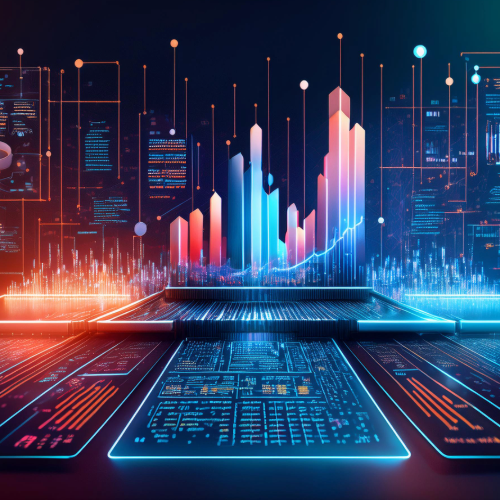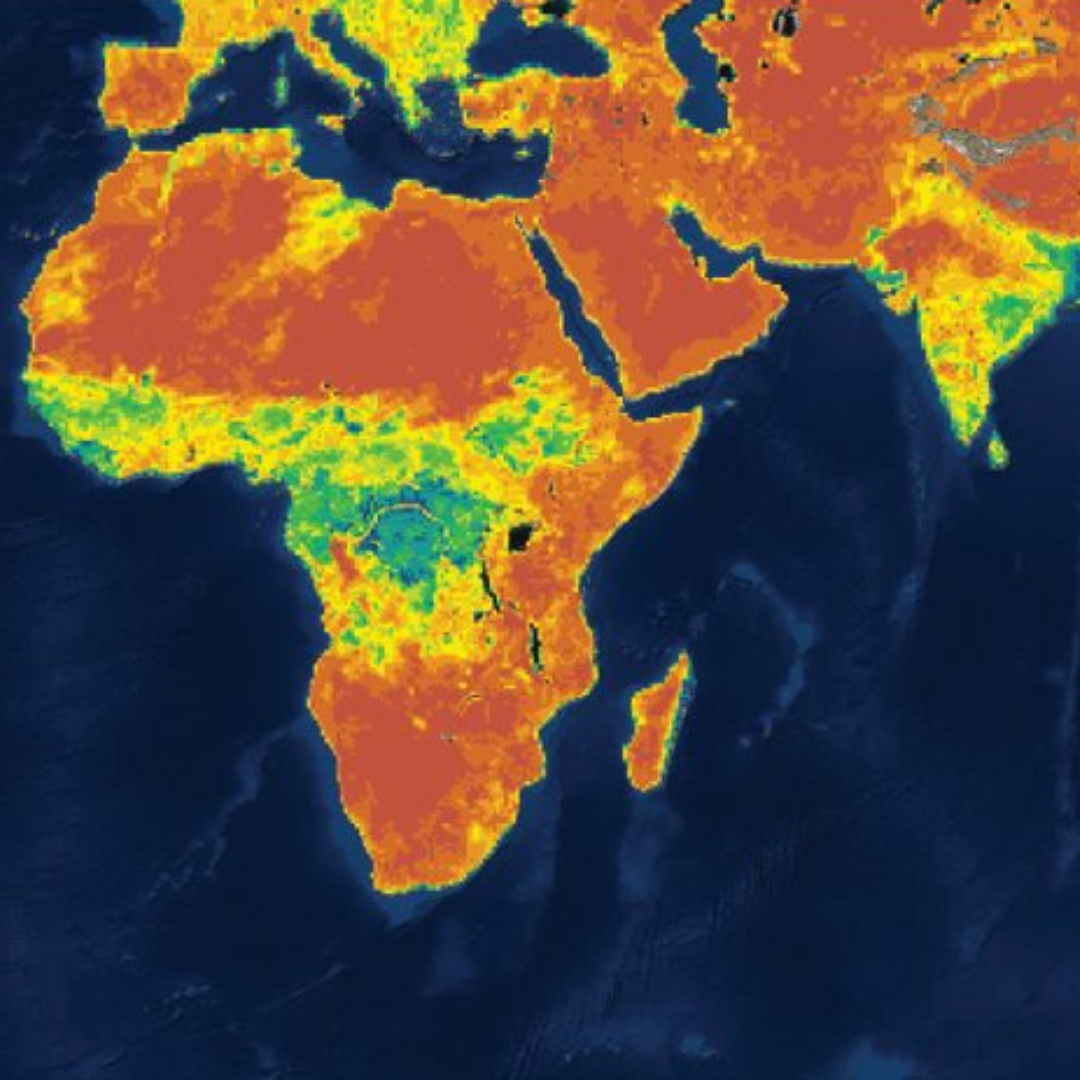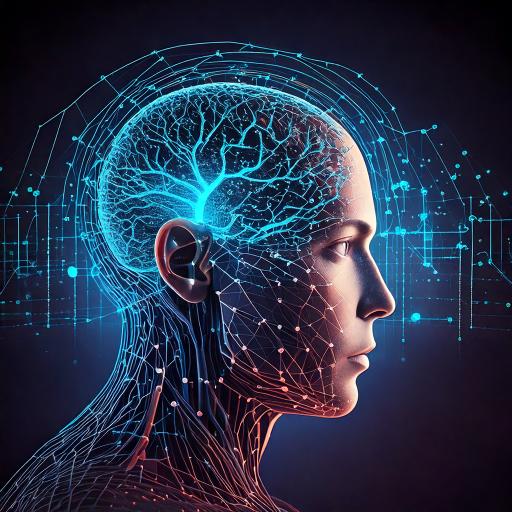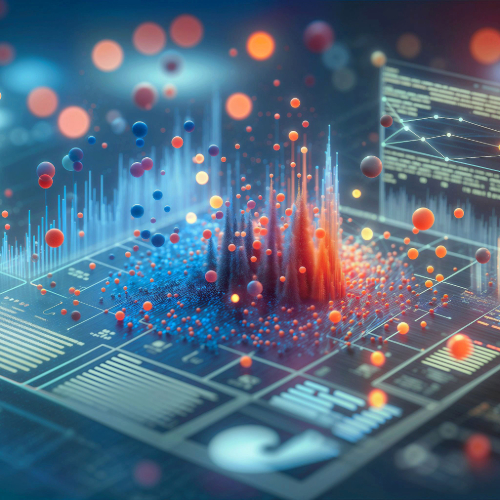Courses at CAIDS
CAIDS data courses prepare students to read, work with, analyze, and communicate about data while fostering an inclusive culture around data literacy. All students, regardless of major or skill set, are invited to take DATA courses, many of which fulfill Tulane's core competencies, such as Formal Reasoning, Social and Behavioral Sciences, Textual and Historical Perspectives, Global Perspectives, Race and Inclusion, and Tier-2 Writing I.
Course Descriptions:
Click on the courses below for more details about CAIDS offerings.

DATA 1010 is appropriate for all students, regardless of your major or prior experience. This course is designed to promote data literacy and equip students with practical skills that can be applied to academic careers and future jobs. No prerequisites are required. Satisfies Formal Reasoning requirement.

DATA 2030 provides an overview of the different creative and analytical theories and techniques for understanding and developing data visualizations, including maps, graphs, charts, and interactive tools such as dashboards. Students of all skill levels are welcome, and all data visualization skills will be taught in class. Satisfies Formal Reasoning and Social & Behavioral requirements.

DATA 3540 provides an overview of the tools most commonly used to analyze data from textual or qualitative sources such as written or digital text, interviews, focus groups, and open-ended survey questions. Students of all skill levels are welcome, including those with limited or no statistical, mathematical, or programming backgrounds. All analysis skills will be taught in class.

DATA 2060 examines how knowledge production processes relate to designing and communicating data and science research across various digital mediums. Students will develop practices in data research, taking ethical, political, and social issues into consideration. Students will learn to use digital tools to convey science communication products. Satisfies Social & Behavioral Science and Tier-2 Writing requirements.

DATA 2150 is a hands-on course that provides students with practical experience employing generative AI to perform real-world tasks. Students learn to effectively collect accurate historical and real-time information, generate high-quality text and media, transform content between formats, analyze data to derive insights, and deploy generative AI to tackle private and professional challenges.

DATA 2350 traces the evolution of AI from the perceptron to modern day large language models. Students will be exposed to the major branches of AI and the key architectures that allow computers to mimic (limited) human intelligence. Satisfies Formal Reasoning requirement.

DATA 3010 provides an intensive introduction to data collection, wrangling, and summarization using the R programming language. Students will learn the fundamental skills required to collect, re-shape, transform, manipulate, analytically explore, summarize, and visualize data.

DATA 3520 offers students an overview of statistical tools commonly used in quantitative data. Concepts are presented through real-world examples, utilizing publicly available data sets. Students of all skill levels are welcome, including those with no statistical, mathematical, or programming backgrounds. All necessary data analysis skills will be taught in class. Satisfies Formal Reasoning requirement.

DATA 2080 examines the global impact on social, political, economic, and environmental dynamics when using geographic information systems (GIS), global positioning systems (GPS), and other geospatial technologies in daily life. Satisfies Global Perspectives and Social & Behavioral Sciences requirements.

DATA 4080 provides an introduction to causal inference and data methods to estimate causality. Discusses experimental methodologies and considerations to logic, design, and ethics in experimental data collection. The course is designed for students from any major with real-world examples drawn from fields like social science, economics, biology, and health. DATA 3520 is a prerequisite, although other courses in data or statistical analysis may be accepted with instructor approval.

DATA 4030 is a seminar exploring ethics, privacy, and governance through social frameworks. Students will learn how to apply data science concepts, including algorithm bias, machine learning, and critical code studies, to real-world issues like medicine, capitalism, and labor. They will storyboard, write, revise, and present a data ethics paper, using ethical reasoning for data challenges. All technical skills will be taught. Satisfies Historical/Textual Perspectives, Race & Inclusion, and Tier-2 Writing requirements.

DATA 4040 provides an overview of tools used for collecting, analyzing, and visualizing network data. It covers the theory, assumptions, and mechanics behind each analytical tool, along with interpreting and visualizing results. This course is designed for students from any major, with real-world examples. Students of all skill levels are welcome, including those with limited or no statistical, mathematical, or programming backgrounds. All analysis skills will be taught in class. It is recommended that students complete DATA 3520 or one that utilizes the programs R and RStudio prior to enrollment.

DATA 4810 provides a practical introduction to machine learning with minimal mathematical theory. Students will learn to select appropriate models for different problems, build and evaluate models using modern statistical software, and effectively communicate results to non-technical audiences. The course emphasizes hands-on application and interpretation of machine learning.
